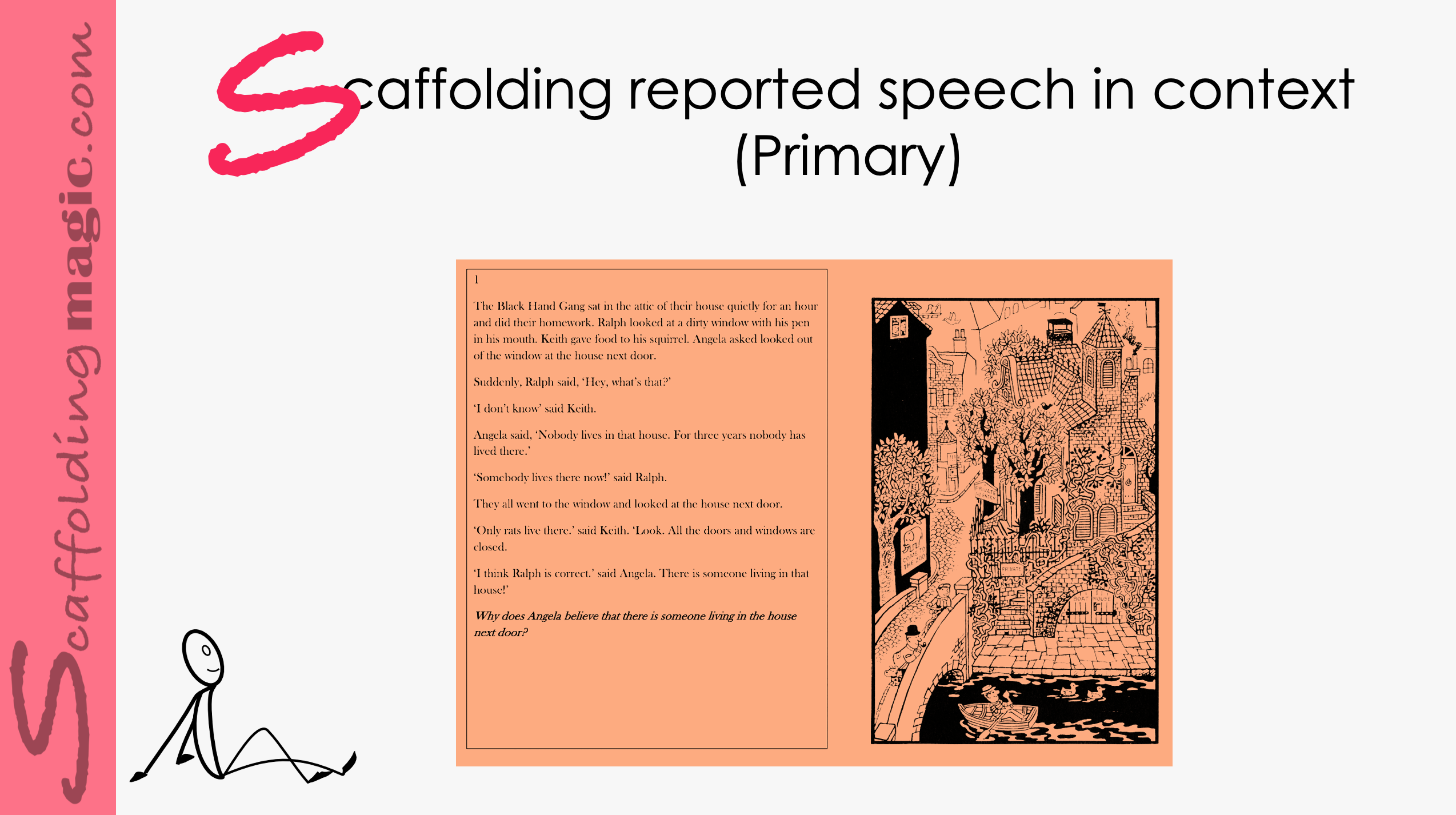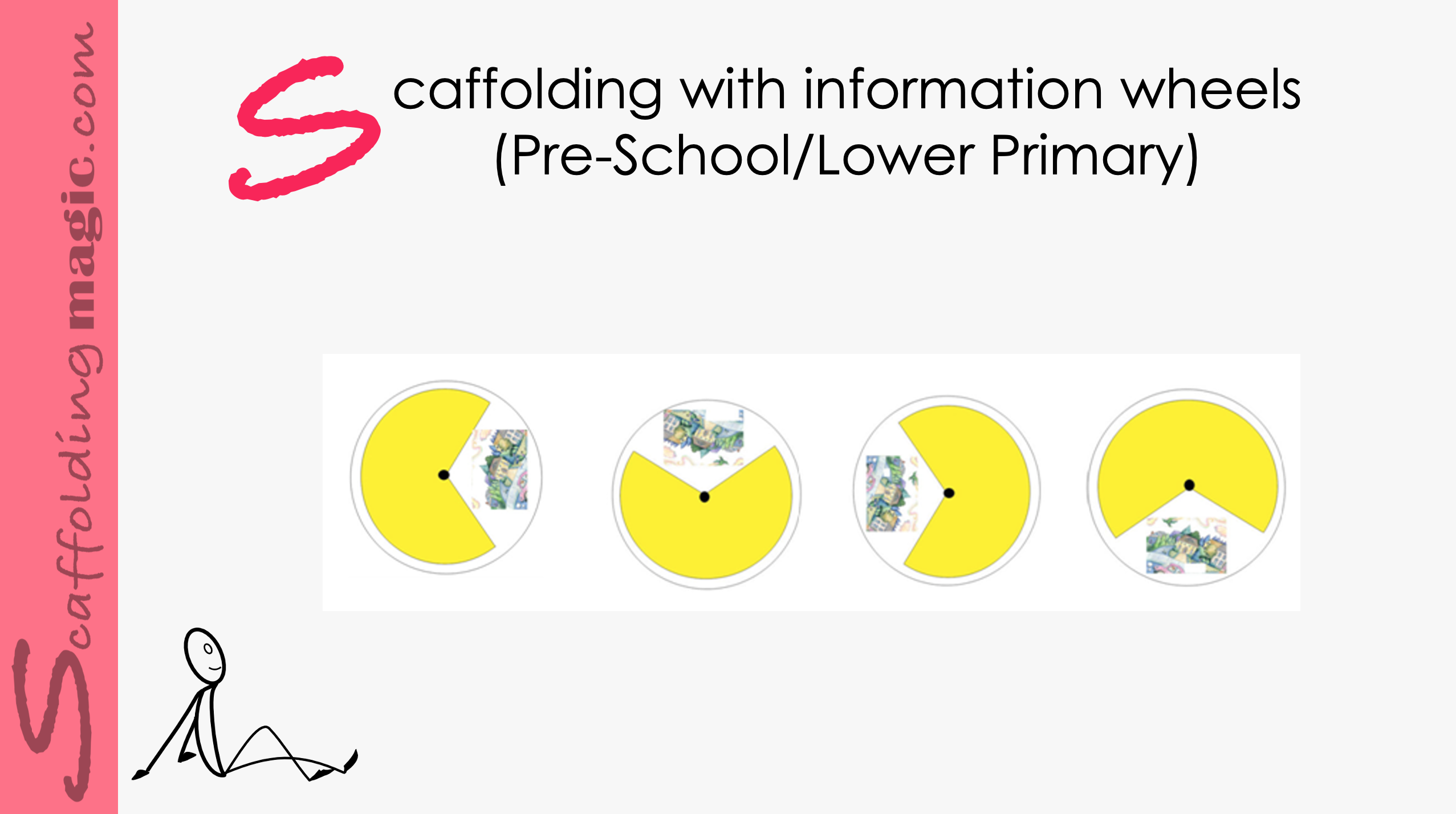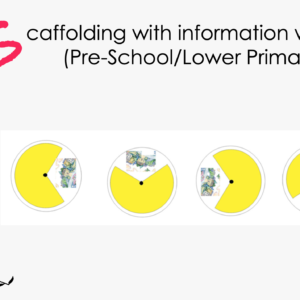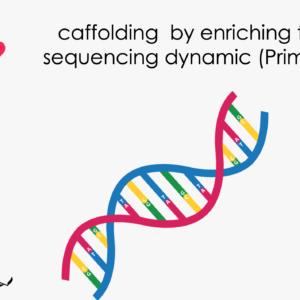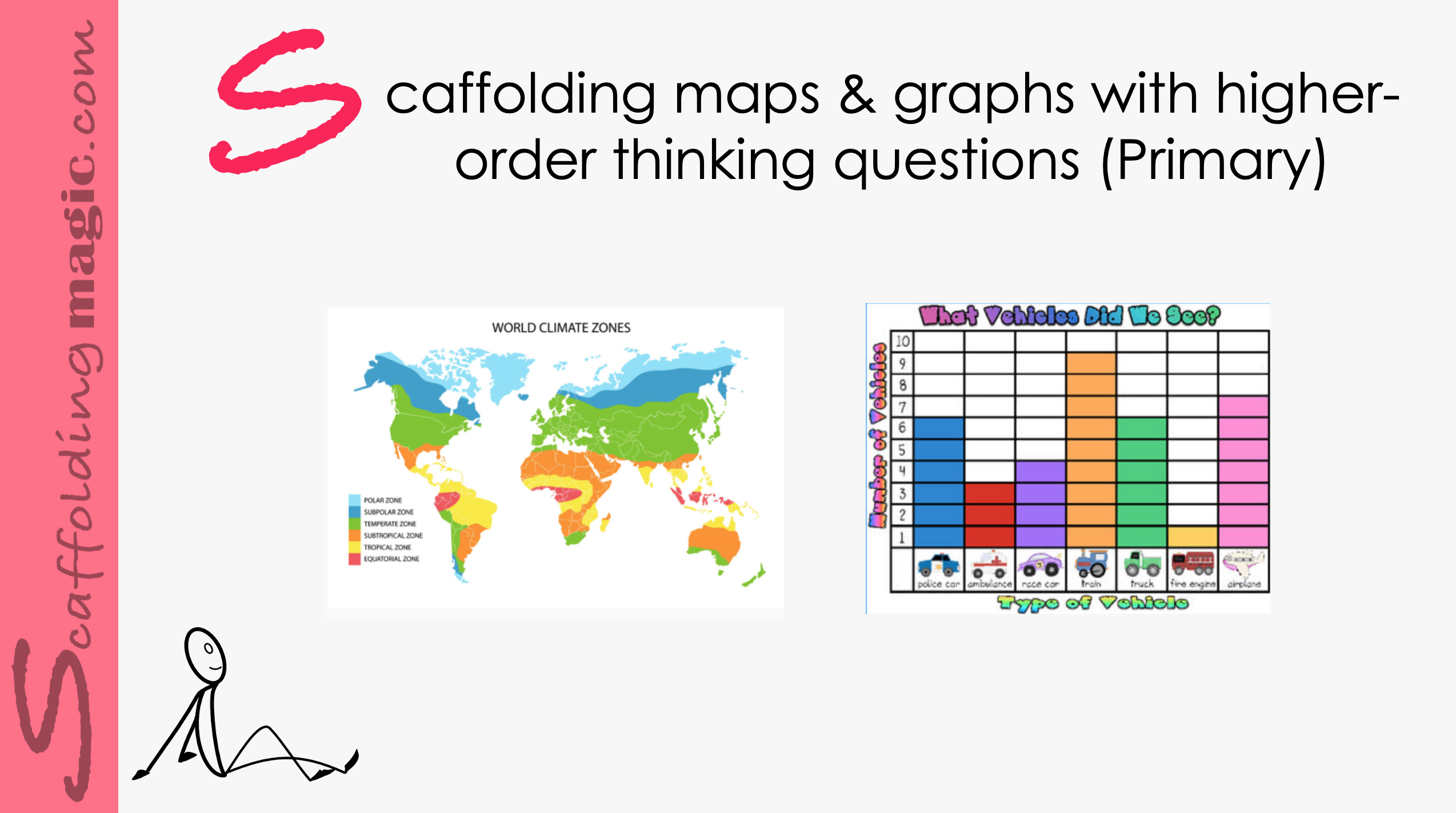Scaffolds that offer opportunities for verbal interactions compensate for this lack. They help students to strengthen, build and diversify language as well as to use skills they might not develop by themselves.
Scaffolding Reported Speech in Context (Primary)
$5.00
Scaffolds that offer opportunities for verbal interactions compensate for this lack. They help students to strengthen, build and diversify language as well as to use skills they might not develop by themselves.
Related products
-
Primary ScaffoldsQuick View
Scaffolding with Information Wheels (Pre-school/lower primary)
$5.00 Add to cartRated 0 out of 5 -
Primary ScaffoldsQuick View
Scaffolding by Enriching the Sequencing Dynamic (Primary)
$5.00 Add to cartRated 0 out of 5 - a children’s book writer…
- a poet…
- a poet…
- a children’s book writer…
- a poet…
-
Primary ScaffoldsQuick View
Scaffolding International Turtle Day through Poetry and Philosophy (Primary)
$5.00 Add to cartRated 0 out of 5 -
Primary ScaffoldsQuick View
Scaffolding Maps and Graphs with Higher-Order Level Questions (Primary)
$5.00 Add to cartRated 0 out of 5
Scaffolding with Information Wheels (Pre-school/lower primary)
Using information wheels in lessons is a wonderful way of giving our students the opportunity to learn through, among other learning styles, kinesthetic interaction. They’ll be pulling from past knowledge, using deductive reasoning, negotiating meaning, and learning new subject matter, all at the same time. Studies show that learning is enhanced when students acquire knowledge through active processes that engage them. Literacy is a combination of recognising and matching oral and written language. The most effective ways of promoting literacy is to make vocabulary visible and to create high encounters with these words for your students – in interactive ways. Using wheels to scaffold vocabulary before you read a story can help. Below you’ll see how you can help your students to match words with images with an information wheel. information wheel.
Using information wheels in lessons is a wonderful way of giving our students the opportunity to learn through, among other learning styles, kinesthetic interaction. They’ll be pulling from past knowledge, using deductive reasoning, negotiating meaning, and learning new subject matter, all at the same time. Studies showthat learning is enhanced when students acquire knowledge through active processes that engage them. Literacy is a combination of recognising and matching oral and written language. The most effective ways of promoting literacy is to make vocabulary visible and to create high encounters with these words for your students – in interactive ways. Using wheels to scaffold vocabulary before you read a story can help. Below you’ll see how you can help your students to match words with images with an information wheel. information wheel.
Scaffolding by Enriching the Sequencing Dynamic (Primary)
Sequencing is a concept that needs to be repeated throughout the education process. We need to intentionally give our students the opportunities to be able to recognise and express sequences, and we need to provide the phrases they can use to clarify the ordering of events. It might be motivating to know that studies show that students are able to recall information more accurately if they´ve been schooled in sequencing.
The art of ordering is a skill that requires critical thinking as it obligates the students to see both sides of an issue, be open to new evidence, and deduce and infer conclusions from available facts.* Inferential reasoning enables students to construct new knowledge by considering, connecting past knowledge to new. If we want to delve into the biology of the skill, you might be interested to know that the dynamic activates the hippocampus, which is the part of the brain responsible for retaining short-term, long-term and spatial memory. So, the more we give students the opportunity to develop this part of the brain, the more we are aiding them in strengthening neuron connections.
Sequencing is a concept that needs to be repeated throughout the education process. We need to intentionally give our students the opportunities to be able to recognise and express sequences, and we need to provide the phrases they can use to clarify the ordering of events. It might be motivating to know that studies show that students are able to recall information more accurately if they´ve been schooled in sequencing.
The art of ordering is a skill that requires critical thinking as it obligates the students to see both sides of an issue, be open to new evidence, and deduce and infer conclusions from available facts.* Inferential reasoning enables students to construct new knowledge by considering, connecting past knowledge to new. If we want to delve into the biology of the skill, you might be interested to know that the dynamic activates the hippocampus, which is the part of the brain responsible for retaining short-term, long-term and spatial memory. So, the more we give students the opportunity to develop this part of the brain, the more we are aiding them in strengthening neuron connections.
Scaffolding International Turtle Day through Poetry and Philosophy (Primary)
Seriously? A children’s book about turtles is philosophical? Oh yes it is! Theodor Seuss Geisel (Dr. Seuss), was not just a writer of children’s books, but a profound philosopher, a poet, a political advocate (sometimes controversial), and a promoter of critical thinking on all levels.
Scaffolding Maps and Graphs with Higher-Order Level Questions (Primary)
Higher-order level questions – those that elicit deeper thinking – help students to stretch their thinking and engage their curiosity, their reasoning ability, their creativity, and independence. These questions encourage students to open their minds, they offer opportunities to produce original thinking. A well-structured question sparks perspectives that might not have at first occurred to us; they encourage us to look at the issue from different perspectives. Higher-order level questions inspire fresh and sometimes even startling insights and ideas, they open roads for wider perspectives of the issue, and enable teachers and students to work together in constructing understanding. If we use effective questioning skills in the educational environment, we help our students to be more effective thinkers now and in the future.*
Higher-order level questions – those that elicit deeper thinking – help students to stretch their thinking and engage their curiosity, their reasoning ability, their creativity, and independence. These questions encourage students to open their minds, they offer opportunities to produce original thinking. A well-structured question sparks perspectives that might not have at first occurred to us; they encourage us to look at the issue from different perspectives. Higher-order level questions inspire fresh and sometimes even startling insights and ideas, they open roads for wider perspectives of the issue, and enable teachers and students to work together in constructing understanding. If we use effective questioning skills in the educational environment, we help our students to be more effective thinkers now and in the future.*

